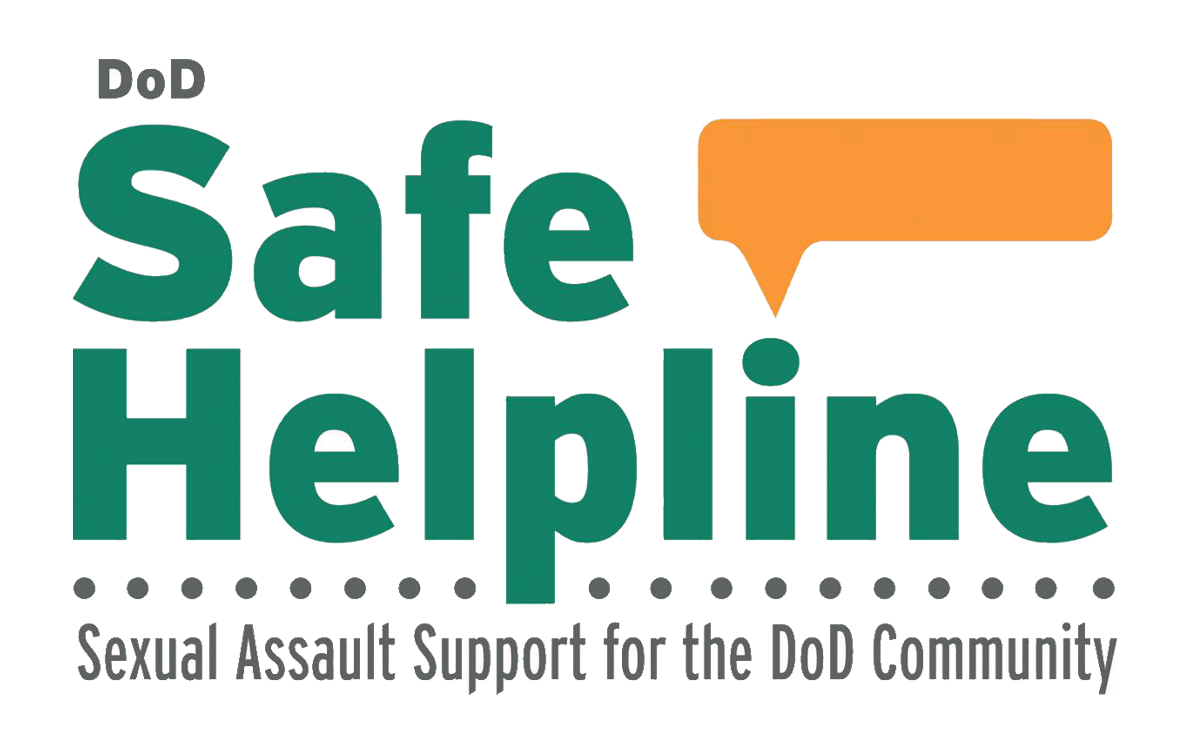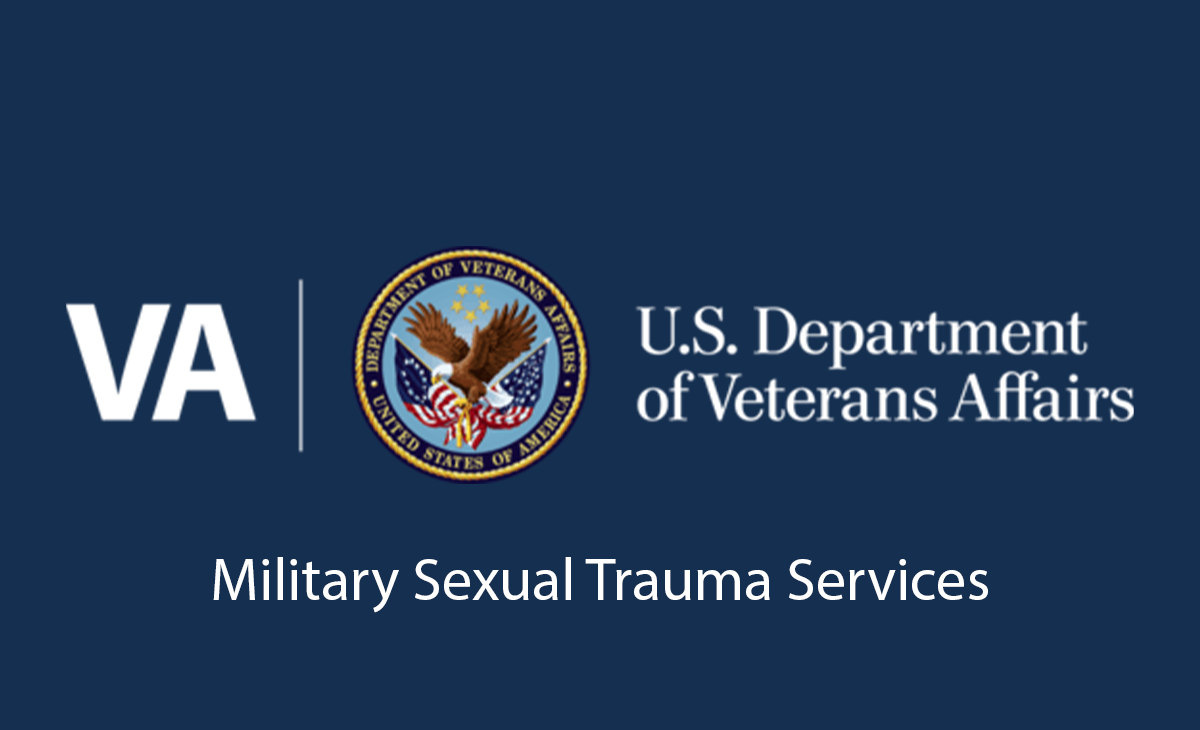

Knowing what healthy relationships look like can help you identify warning signs of unhealthy interactions and take steps to find support. All healthy relationships include:
- Communication: Both partners can talk about their feelings or problems and actively listen to each other.
- Trust: Both partners are truthful, and each believes what the other says.
- Honesty: Both partners express their feelings and thoughts and support each other.
- Respect: Both partners feel supported, yet still feel independent. Partners respect boundaries and partners feels safe voicing concerns or hesitations.
- Consent: Both partners feel comfortable expressing what they do and do not want to experience. Both partners understand that consenting to one thing doesn’t mean consenting to everything, and a relationship status never implies consent.
Recognize Common Signs of an Unhealthy Relationship
Unhealthy relationships can be abusive and can lead to physical violence and/or sexual assault. Behaviors in an unhealthy relationship are based on a need to exert power and control over a partner.
Intimate partner violence (IPV) describes physical violence, sexual violence, stalking or psychological harm by a current or former partner or spouse. IPV can happen between heterosexual or same-sex partners and does not require sexual intimacy.
To prevent unhealthy behaviors that can lead to sexual violence, it’s key to understand what a healthy relationship involves. And when you identify unhealthy actions in relationships, you can help prevent them from escalating. These behaviors can include:
- Exhibiting jealousy and wanting to isolate you from friends or family.
- Criticizing what you wear or putting you down for something you said or think to make you feel insignificant.
- Blaming you for things that are not your fault, including physical abuse.
- Showing extreme anger or reactions, having violent outbursts or making you fearful.
- Exhibiting obsessive, controlling behavior such as trying to control what you wear, who you talk to or how you access money, or pressuring you repeatedly to have sex or participate in sexual acts.
- Threatening to harm others, including your children, other Family members or pets.
If you or someone you care about is in an unhealthy relationship, contact these services for assistance:
Call the DOD Safe Helpline at 877-995-5247 or visit www.safehelpline.org.
Contact the DOD-Wide Family Advocacy Program (FAP)
DOD-WIDE FAMILY ADVOCACY PROGRAM (FAP)If you are a survivor of IPV and need support, contact the DOD Safe Helpline.
Call 877-995-5247 to be connected with a trained Safe Helpline staff member.
DSN users can call the Safe Helpline at 877-995-5247.
Those unable to call toll-free or DSN, call 202-540-5962.
Talk with Staff Member
Download the Safe Helpline app for direct access to chat, text and additional resources.
How You Can Help Someone in an Unhealthy Relationship
- Listen and believe them without casting doubt so that they feel secure and trust you.
- Be supportive and patient rather than trying to find solutions quickly or rushing them into making decisions.
- Ask if they feel safe; if they don’t, find out what they need.
- Tell them the situation is not their fault and that they are not alone.
- Remind them that they have options and that they can leave the relationship.
- Stay up to date on resources for people suffering from physical abuse and offer help to find ways to keep them safe, including leaving their partner.

